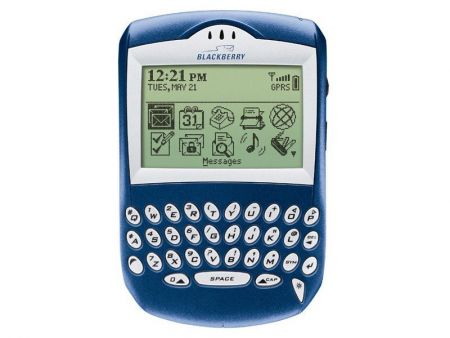Change adoption
And observation which owns something to Peter Thiel’s excellent Zero to One: Notes on Startups, or How to Build the Future, we hypothesise that for any user to adopt new technology, it must immediately or, at any rate, quickly and within easy reach of that user’s imagination horizon — make that user’s life incontestably better.

|
It is the JC’s firm contention that we, and certainly our thought leaders, systematically discount the significance of innovation that has already bedded into the market. This is the only possible explanation for the widespread conviction that the legal market has not innovated in the last 30 years. Why? well, our cynical view that once bedded-down, its glamour, novelty, potential efficiency and monetisability is gone: it ceases to be an opportunity and starts to be furniture.
No-one wants hot-takes about furniture.
There is, still, a precious moment of transition: Where a new bit of kit offers immediate benefits, legal eagles will be over it like a rash. Take the BlackBerry: The JC is old enough to remember when a couple of investment banking MDs in New York acquired these little alien things in mid 2002.
Mobile email? Are you kidding me?
Within nine months every bastard in the firm had one and no face-to-face meeting could last longer than seven minutes before losing every participant to the little screen. They were called “crackberries” for a good reason. Likewise email, the internet, delta-view and working from home. They went down the eagley gullet without touching the sides. No-one needed to take anyone on a change journey. The eaglery saw it, got it, and adopted it immediately.
You could argue the BlackBerry single-handedly did away with “close of business” as any kind of barrier to commerce. Suddenly, everyone was reachable, 24/7 wherever they were and whatever they were doing. This new capability: the ability to respond instantly, from wherever, promised to put the deal execution into hyperdrive.
But did it?